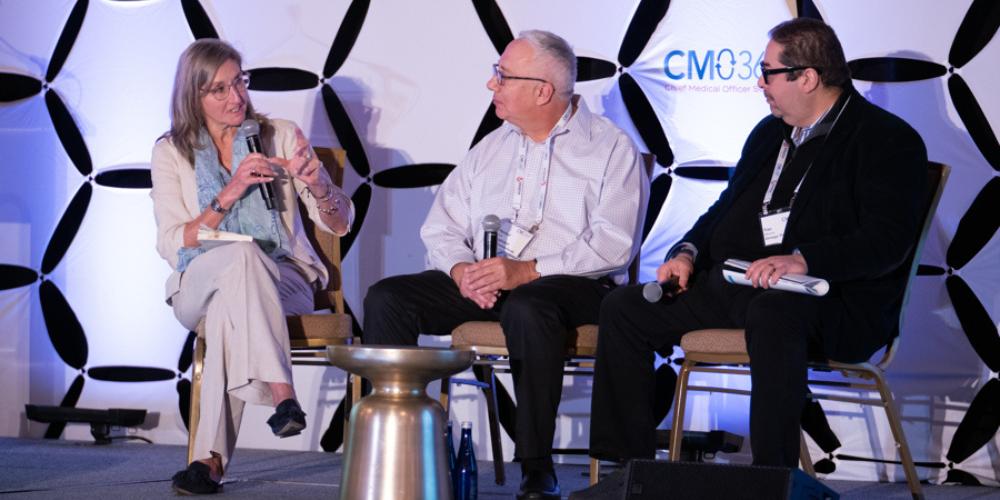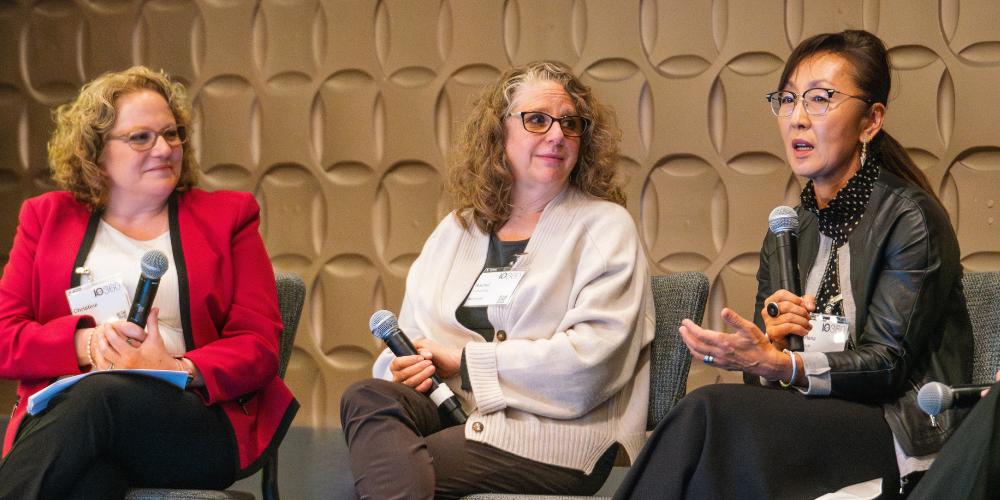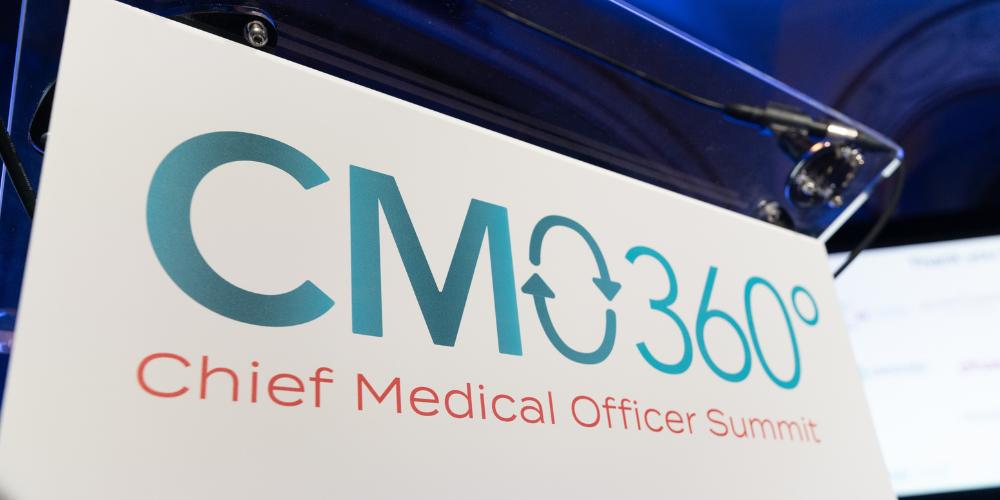
How can first time CMOs learn about what they don't know?
Gaining experience in a role under a CMO is highly recommended for those aspiring to become CMOs in the biotech industry. A direct transition from academia can be challenging due to the industry-specific knowledge and skills required. Building a team with robust biotech clinical development experience can be instrumental in navigating this transition.
For CMOs that are coming straight from academy I would recommend having a colleague or direct report with medical monitoring, clinical operations and data management experience. This will enable you to focus on providing high-level CMO expertise in your area of specialization, while they can contribute essential medical monitoring and data management support.
What can CMOs do to make the most meaningful impact in the first 90 days?
As an Argentinian who spent most of my career in Israel, culture has been something difficult to overcome and understand. When you join a growing company, you need to be patient and guide the adaptation of the culture. That adaptation will happen again at every major growth point in the evolution of the company.
Adapting to the company culture and fostering effective collaboration is essential. By demonstrating understanding and receptiveness, you can encourage others to reciprocate and work harmoniously with you.
"As a CMO transitioning from translational work to clinical development, establishing credibility is paramount."
What are some misconceptions people have about becoming a biotech CMO?
In contrast to large pharmaceutical companies, where CMOs often lead extensive teams, biotech CMOs frequently assume a more hands-on role. This involves overseeing all aspects of clinical development, from study planning and execution to scientific communication and stakeholder engagement. You need to do everything.
While the role of CMO in a biotech company can be demanding, it's incredibly rewarding. Those unfamiliar with the intricacies of clinical development, from site selection to study execution, may find the role overwhelming. However, for those who thrive in a dynamic environment, the opportunity to oversee all aspects of the process can be incredibly fulfilling.
How does the role of the CMO evolve as the company evolves?
As a CMO transitioning from translational work to clinical development, establishing credibility is paramount. Your colleagues may be unfamiliar with clinical research, and their trust in your leadership will be significantly influenced by your initial performance. Projecting confidence in your approach and demonstrating a deep understanding of the indication and drug development process will foster trust and respect. Conversely, a lack of preparedness or inability to address questions can undermine your credibility.
"If you're considering a transition to the CMO role, I recommend engaging with other CMOs, particularly those in the biotech industry, to gain insights into the specific skills and experiences required for success."
How can CMOs best design clinical trial strategies, when balancing cost, strength and speed?
A thorough understanding of regulatory guidelines is essential for CMOs. While adhering to these guidelines is paramount, innovative thinking can enable CMOs to explore creative approaches within the established framework, much like a lawyer interprets and applies legal principles to advance their client's interests. It's important to remember that regulators are always willing to work with sponsors, they are often open to dialogue and collaboration. By effectively communicating your rationale and demonstrating a clear understanding of regulatory requirements, you can build productive relationships and secure their support for your initiatives.
Effective study planning requires a comprehensive understanding of the target disease, competitive clinical trials and the broader therapeutic landscape. Developing a Target Program Profile (TPP) will establish clear expectations for your molecule and guide your clinical development strategy.
Effective study planning requires close collaboration with a statistician, a regulatory subject matter expert and a key opinion leader in the relevant therapeutic area. These experts can provide invaluable guidance on study design, regulatory considerations and the broader competitive landscape.
What other skills are needed to succeed as a CMO?
Effective communication is crucial for CMOs. The ability to convey complex scientific concepts to diverse audiences is essential for securing support and advancing clinical development. Staying informed about industry trends and regulatory expectations allows CMOs to anticipate challenges and proactively adapt their strategies, ensuring a successful path forward.
"The ability to convey complex scientific concepts to diverse audiences is essential for securing support and advancing clinical development."
How do you prioritize assets in different stages of development, especially when financially constrained?
The selection of programs often involves balancing factors such as the likelihood of success, stakeholder alignment, budgetary constraints and cost-effectiveness. The company's overall strategy, as guided by the CEO's vision, is essential for making informed decisions in this regard.
Tell us about your career journey to your current CMO role.
I decided to leave my surgical residency to embark on my pharmaceutical career by assuming the role of a medical monitor. I started in a large pharmaceutical company, Teva Pharmaceuticals, in a junior clinical development role. I was fortunate to have the opportunity to collaborate with stakeholders across various clinical development functions, gaining valuable insights into each area Within Teva, I advanced to the Clinical Program Leader for one of the key drugs of the company, Copaxone. After 7 years at different positions, I was then offered to be a Medical Director at BioLineRx, this time, a biotech company. In that role, I was responsible for clinical development strategy and clinical operations.
I worked my way up to the CMO role at BioLineRx. After successfully submitting the NDA for our lead molecule, I sought new challenges. This led to my appointment as CMO of Sapience Therapeutics.
Anything more advice for people interested in becoming biotech CMOs?
I strongly advocate for a career path that begins with foundational roles and allows for continuous learning and growth. If you're considering a transition to the CMO role, I recommend engaging with other CMOs, particularly those in the biotech industry, to gain insights into the specific skills and experiences required for success.
In This Article








